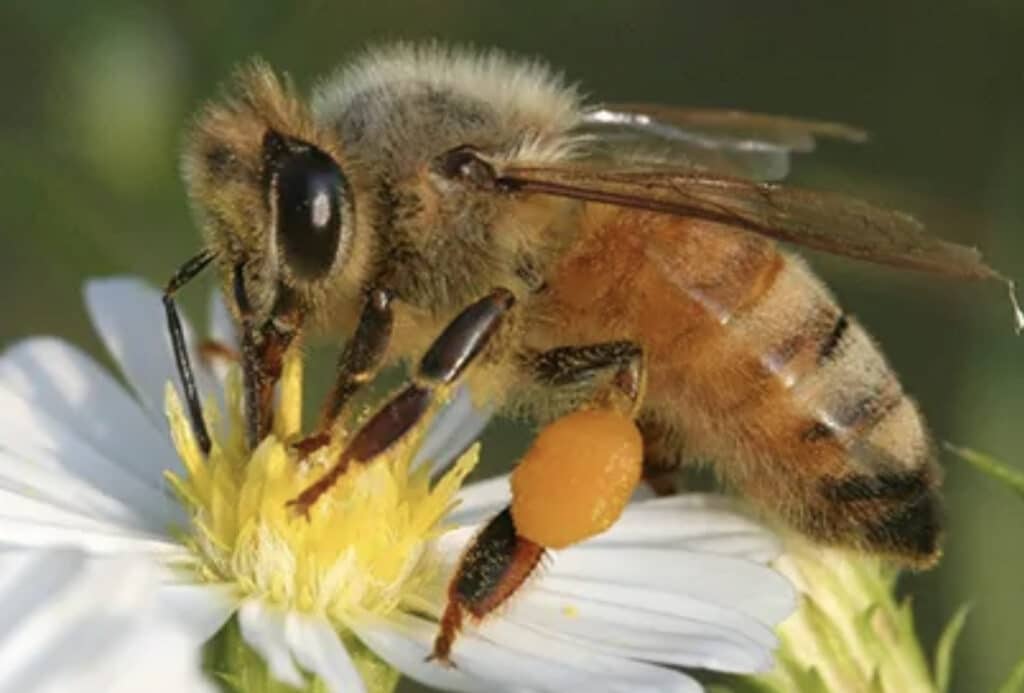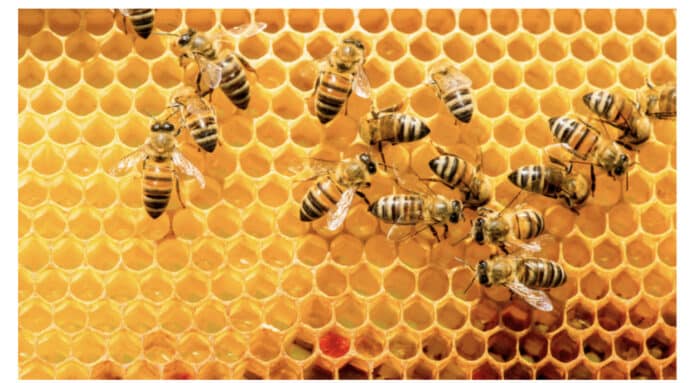Bees are essential for our survival. They pollinate much of what we eat and play a critical role in sustaining ecosystems around the world. But the last decade has been devastating for insect populations, and bees have been hit hard – with populations shrinking by a third in the UK.
Bee-killing neonicotinoids have been banned across Europe since 2013, but the UK government has just approved these deadly chemicals for emergency use – posing a lethal threat to bee populations.
Bees are essential for our survival. They pollinate much of what we eat and play a critical role in sustaining ecosystems around the world. But the last decade has been devastating for insect populations, and bees have been hit hard – with populations shrinking by a third in the UK.
Bee-killing neonicotinoids have been banned across Europe since 2013, but the UK government has just approved these deadly chemicals for emergency use – posing a lethal threat to bee populations.
But for the second year in a row,the government has just given the green light for bee-killing pesticides to be used in the UK. The pesticide being used has been banned for being poisonous to bees – so it is alarming to see this ban lifted once again to help grow sugar beet in the spring.
Bees need our help – and we need theirs
This is about bees, but it’s also about us. If we keep harming bees, we risk our food supplies. About a third of our food is dependent on pollinators, of which bees are some of the most important.
A third of bee populations are already shrinking. We can’t allow pesticides to destroy our environment and kill any more bees.
Can you quickly sign this petition urging the Environment secretary to enforce a total ban on bee-killing pesticides?

So what’s changed since the government banned bee-killing pesticides in 2018? Well, it’s certainly not the science. Pesticides, including neonicotinoids, are still bad news for bees. Studies have shown that these pesticides can affect bees’ navigational abilities and breeding success, and they are unsurprisingly ravaging other insects as well.
The government say they’re allowing emergency use to protect growers of sugar beet. But this is a short-sighted and dangerous approach to take. We rely on bees to help pollinate lots of crops like apples, beans, squashes and almonds.
The Environment Minister can reverse this decision
George Eustice has the power to change all of this. As Environment Minister, he can show he’s on the side of nature by enforcing a total ban on bee-harming pesticides. For the second year in a row, he’s approved this emergency use of a deadly pesticide, but we need to remind him that we’re in the middle of a climate and nature emergency.
If lots of people sign this petition we can pile pressure on the government to quickly reverse its decision and keep bee-killing pesticides away from our environment. Can you get the Environment Minister to act fast?
PLEASE SUPPORT US FOR JUST £2 A MONTH







